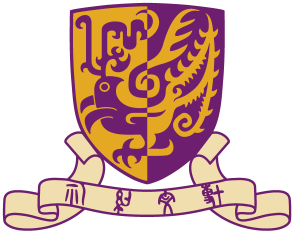CHEN Hongkai 陳鴻凱教授
Hongkai Chen is a Research Assistant Professor in the Department of Information Engineering at the Chinese University of Hong Kong. He earned his Ph.D. in Electrical Engineering from Stony Brook University. Prior to that, he received his B.S. degree from Nanjing University, China, and M.S. degree from Washington University in St. Louis, USA. Prof. Chen’s research interests lie in the intersection of AI for Health, Embedded AI, cyber-physical systems (CPS), Internet of Things (IoT), ubiquitous computing, wireless systems, and formal methods. His main objective is to design intelligent and reliable systems for applications in smart health and smart cities. Additionally, he is interested in computing theories, specifically in the areas of temporal logic and verification.
Prof. Chen has published on prestigious venues including MobiCom, MobiSys, SenSys, EMSOFT, HSCC, IMWUT, and npj Digital Medicine. He serves as a TPC member, and Publicity Co-chair, of SenSys 2025, Sponsorship Co-chair of CPS-IoT Week 2024, a Repeatability/Artifact Evaluation Committee member for several top-tier conferences, and a reviewer for more than 10 esteemed conferences and journals. Prof. Chen received several prestigious awards, including ACM SIGBED China 2023 Rising Star Award, 3 Best Paper Awards/nominations, and 3 Best Demo Awards/Runner-ups. He is a member of ACM and ACM SIGBED.




